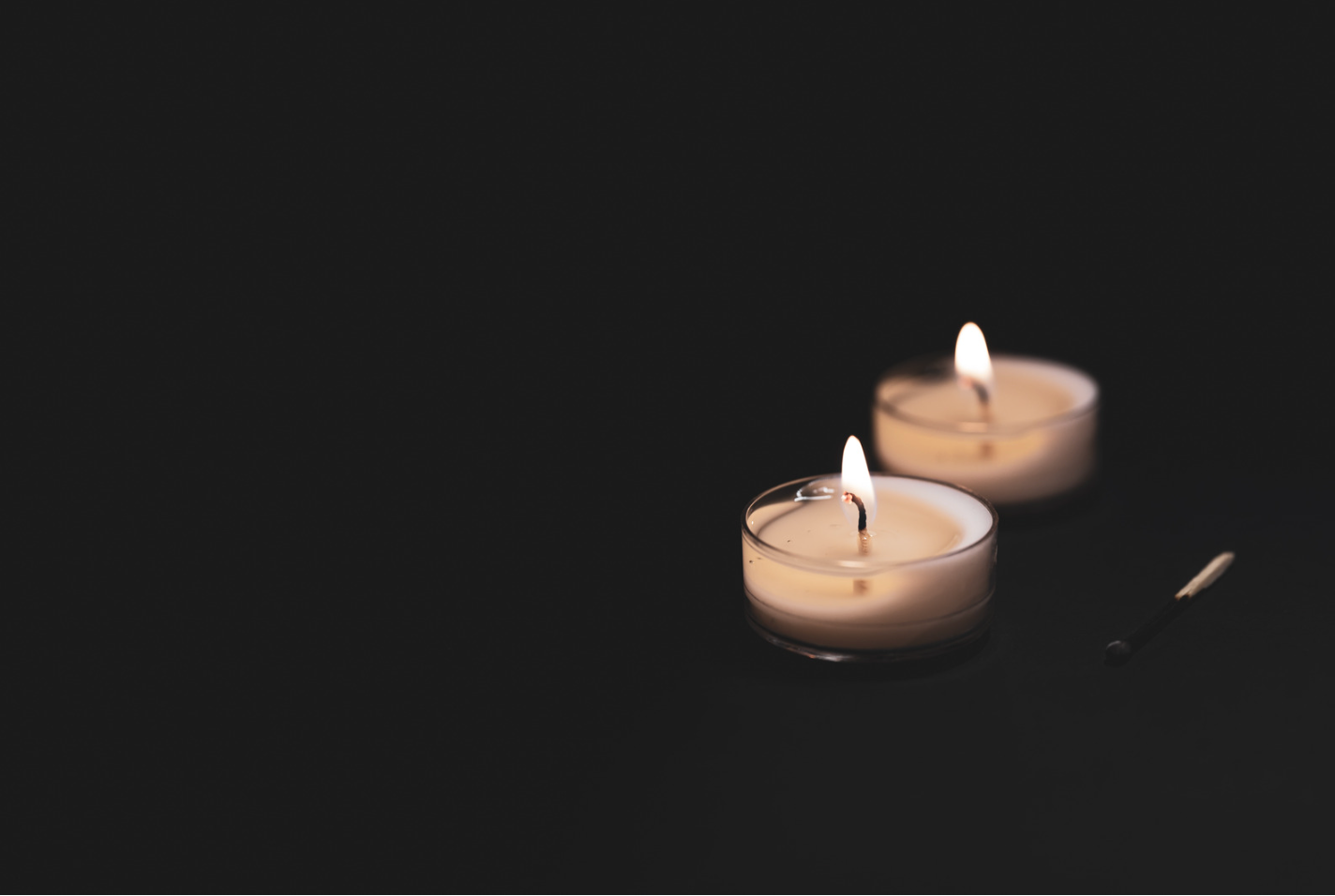How Journaling Doesn’t Have to Be a “Dear Diary” Moment
When most people hear the word "journaling," their minds often drift to the stereotypical "Dear Diary" moments we’ve seen in movies. You know the ones: a perfectly curated entry, a fancy pen, and poetic thoughts that spill onto the page. But let’s break that myth right here—journaling doesn’t have to be a grand production, nor does it have to follow any rules. It can simply be about grabbing a pen, finding a piece of paper, and letting your thoughts flow freely.
The Beauty of Freehand Journaling
At its core, freehand journaling is about releasing your thoughts and emotions without judgment, structure, or the need for perfect grammar. It's a raw, unfiltered process that allows your mind to wander and your pen to follow. This type of journaling isn't about writing for an audience or creating a polished piece of work. It's about giving yourself space to express, explore, and process.
The best part? There’s no right or wrong way to do it. No fancy notebook required. No prompts necessary (unless you want them). It’s just you and your thoughts.
Why Freehand Journaling Works (According to Science)
Freehand journaling has profound effects on mental health and emotional well-being. Here’s what the science says:
-
Reduces Stress:
Research shows that writing down your feelings helps lower cortisol levels (the stress hormone). When you’re overwhelmed, letting your emotions pour onto the page can be a cathartic release. -
Enhances Emotional Processing:
Writing freely engages your prefrontal cortex, the part of the brain responsible for reasoning and decision-making. This helps you process emotions, make sense of situations, and gain clarity. -
Improves Mood:
Studies have found that expressive writing boosts dopamine, one of the brain’s feel-good chemicals. Even a short journaling session can help shift your perspective and elevate your mood. -
Supports Problem-Solving:
Freehand writing taps into your subconscious, uncovering thoughts and solutions you didn’t even know were there. It's like brainstorming with yourself.
How to Journal in Difficult Moments
Difficult moments are when freehand journaling can be especially powerful. Here’s how to get started when life feels heavy or overwhelming:
-
Grab Whatever You Have:
Don’t wait for the perfect notebook or pen. Use a scrap of paper, a sticky note, or the back of a receipt. The act of writing matters more than the medium. -
Set a Timer (If You Need to):
If you're struggling to start, give yourself permission to write for just 5–10 minutes. Knowing there's an endpoint can ease the pressure. -
Start With One Word or Sentence:
Write the first thing that comes to your mind. It might be “I’m so angry” or “I don’t know where to start.” That’s okay. Let the words unravel from there. -
Embrace the Chaos:
Your writing doesn’t need to make sense. You can jump from thought to thought, vent frustrations, or scribble nonsense. The goal is to release, not to perfect. -
Feel the Physical Connection:
Writing by hand is a sensory experience. The act of moving your pen across the page helps ground you in the moment, connecting your thoughts to something tangible. -
Don’t Censor Yourself:
No one else will read this. Write what you truly feel, even if it’s messy, irrational, or uncomfortable.
Freehand Journaling Prompts for Tough Times
If you feel stuck, here are a few prompts to help you begin:
- “Right now, I’m feeling…”
- “What I wish I could say is…”
- “This situation reminds me of…”
- “If I could do anything to fix this, I would…”
- “The one thing I need right now is…”
These are merely jumping-off points. Once your pen starts moving, your mind will take over.
The Freedom of Letting Go
Journaling doesn’t have to look like anyone else’s process. You don’t need a structure, a purpose, or even a direction. It’s simply about giving yourself the space to be with your thoughts, however they come.
So the next time life feels overwhelming, remember: there’s no need to compose a “Dear Diary” entry. Just grab a pen, put it to paper, and let yourself flow. The freedom you’ll find in those unfiltered moments might surprise you.
Closing Thoughts
Freehand journaling is a simple, accessible tool that can bring clarity, calm, and relief—especially during tough times. It's not about doing it perfectly; it's about doing it authentically. Whether you’re scribbling out frustrations, jotting down fleeting thoughts, or simply letting your pen wander, you’re giving yourself a safe space to process and heal. And that’s a gift worth embracing.
Are you ready to try? Grab your pen and let it all out—no rules, no structure, just you.



